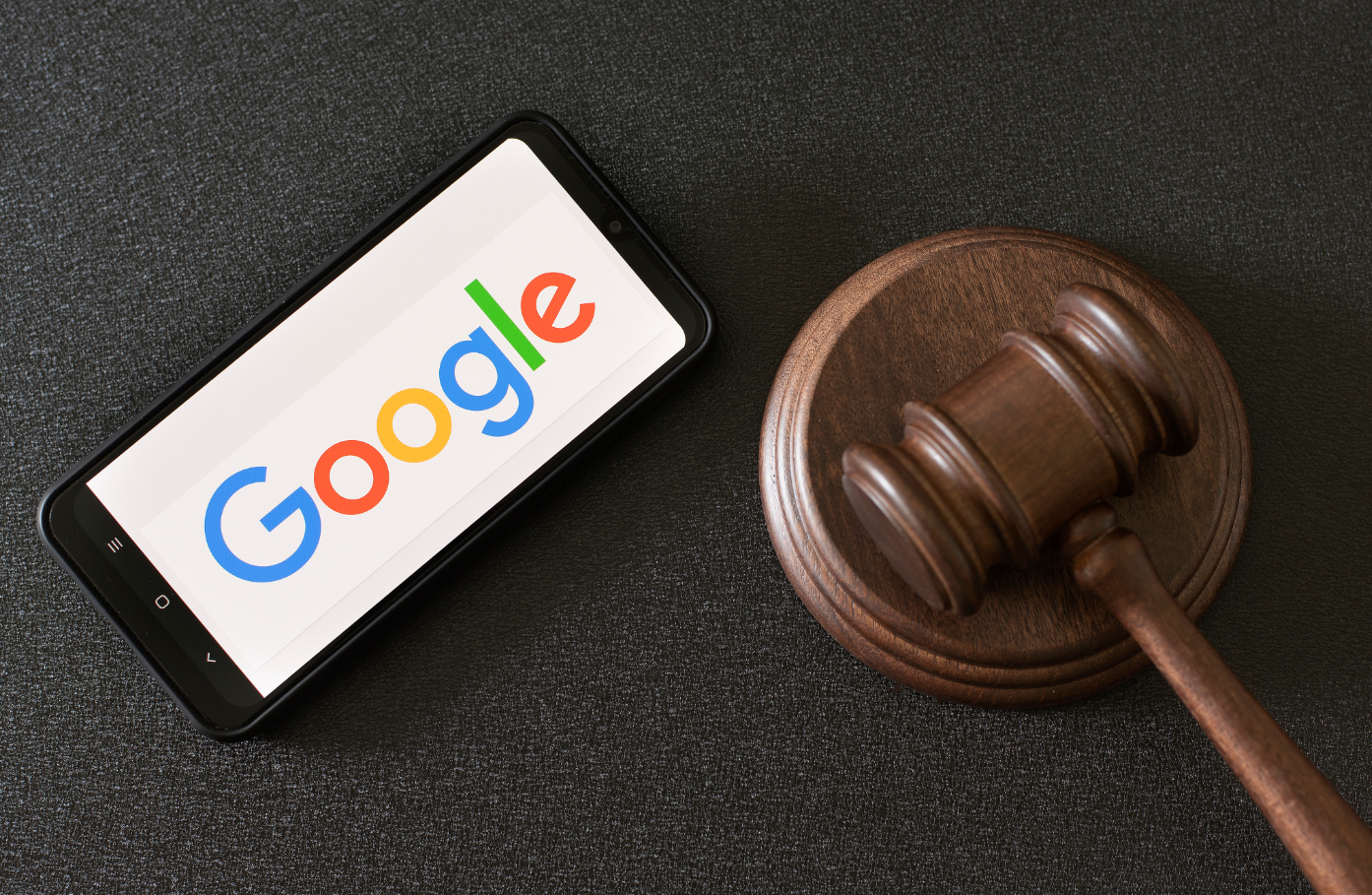Another Antitrust Lawsuit: Government Targets Google’s Ad Technology
A joint lawsuit by the U.S. Department of Justice and several states alleges that Google has established and maintained a monopoly on technology that matches online publishers with advertisers.
Just a month after Google's search engine was found to be an illegal monopoly, the company has been hit with another new antitrust lawsuit, this time involving its advertising technology.
The U.S. Department of Justice and a coalition of states have sued, claiming that Google has established and maintained a monopoly on technology that matches online publishers with advertisers. The government claimed in court documents that Google's dominant position on both the buyer and seller sides of the transaction allowed it to earn transaction commissions when brokering deals between publishers and advertisers, with Google earning as much as 36 cents on every dollar of transaction volume.
Google responded by saying that the government's allegations were based on the Internet environment of the past, when desktop computers dominated and users typed in Web addresses precisely. Today, advertisers are more likely to utilize social media companies such as TikTok or streaming services such as Peacock to reach their audiences.
Revenue from Google's web division, which includes services like AdSense and Google Ad Manager, has actually been declining in recent years. According to Google's annual report, the division's revenue fell from $31.7 billion in 2021 to $31.3 billion in 2023.
The trial involving Google's ad tech monopoly began on Monday in Virginia. Initially the case was scheduled to be heard by a jury, but Google managed to get the trial changed to a bench trial by paying more than $2 million in damages to the federal government.
The case will reportedly be decided by U.S. District Judge Leonie Brinkema, in a court that has handled a large number of patent infringement cases.
In the Virginia trial, the court will likely subpoena executives from newspaper publishers including The New York Times and Gannett, as well as executives from online news sites that the government believes have been particularly harmed by Google's actions, it has been reported.
In court papers, government lawyers wrote: “Google has squeezed the Web publishers that make the open Internet vibrant and valuable at extremely high costs. As publishers receive less revenue from the sale of ad inventory, they are forced to add more ads to their sites, put more content behind paywalls, or cease operations altogether.”
Google responded to this by saying that its fees are not high compared to its competitors. The company also said that the integration of its technology across buyers, sellers and intermediaries ensures fast loading and enhanced security for ads and web pages, and that customers have the option to work with external ad trading platforms.
Google also noted that the government's case focused too much on display ads and banner ads on web pages accessed from desktop computers, failing to take into account the migration of consumers to mobile apps and the boom in social media advertising over the past 15 years.

Just a month ago, Google just experienced a large antitrust “battle” about its search engine.
In early August, after a four-year trial, a U.S. federal judge finally ruled that Google maintained its search engine monopoly through illegal means. Google was accused of using its market dominance to suppress competitors by paying large sums of money to browser and cell phone makers to make them the default search engine. Immediately after the ruling, Google said it would appeal the decision.
The judge in the case has not yet proposed any sanctions for the monopoly and will likely continue to closely scrutinize Google's monopoly on search engines.
Peter Cohan, a professor of management practice at Babson College, argues that a newly filed antitrust case in Virginia could do more harm to Google because once the judge rules on Google's monopolistic practices, it could require Google to sell off portions of its ad tech business, which generates billions of dollars in revenue each year.
Cohan noted that divestiture is certainly a possible solution to the second case, with implications that could be more severe than they initially appear.
At present, the case is still in the early stages of trial and is expected to last for several weeks. The impact on Google remains to be observed.
·Original
Disclaimer: The views in this article are from the original Creator and do not represent the views or position of Hawk Insight. The content of the article is for reference, communication and learning only, and does not constitute investment advice. If it involves copyright issues, please contact us for deletion.